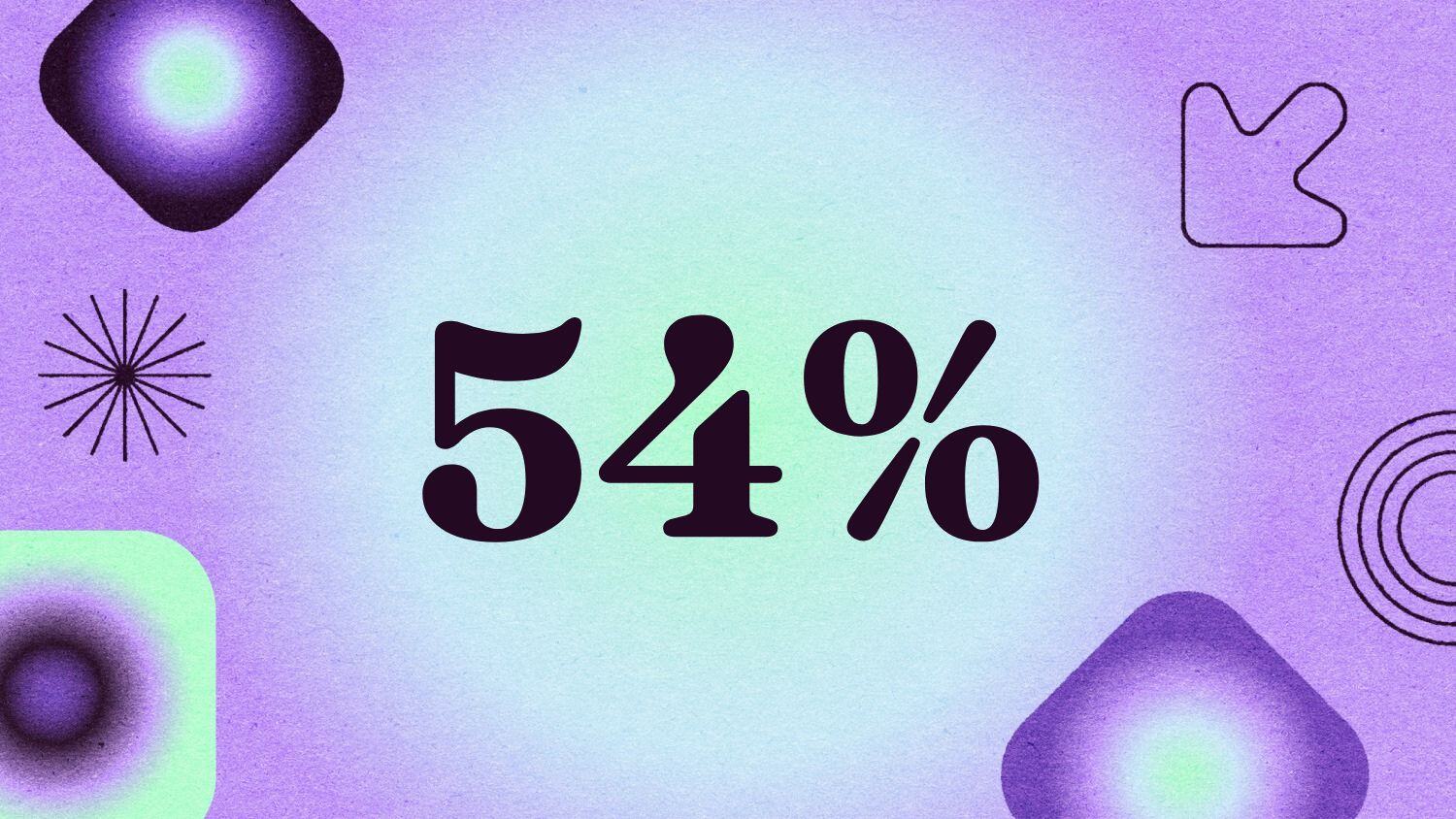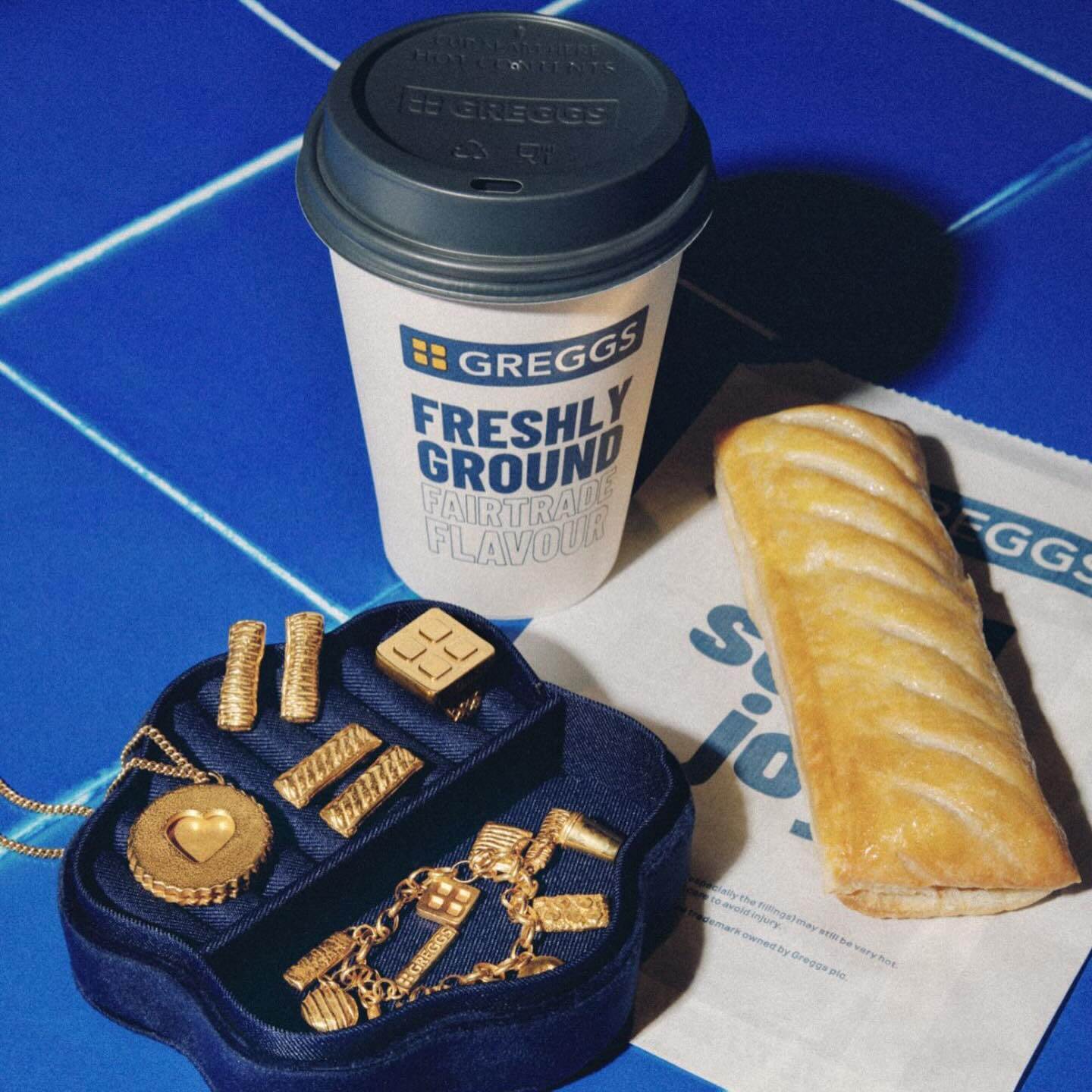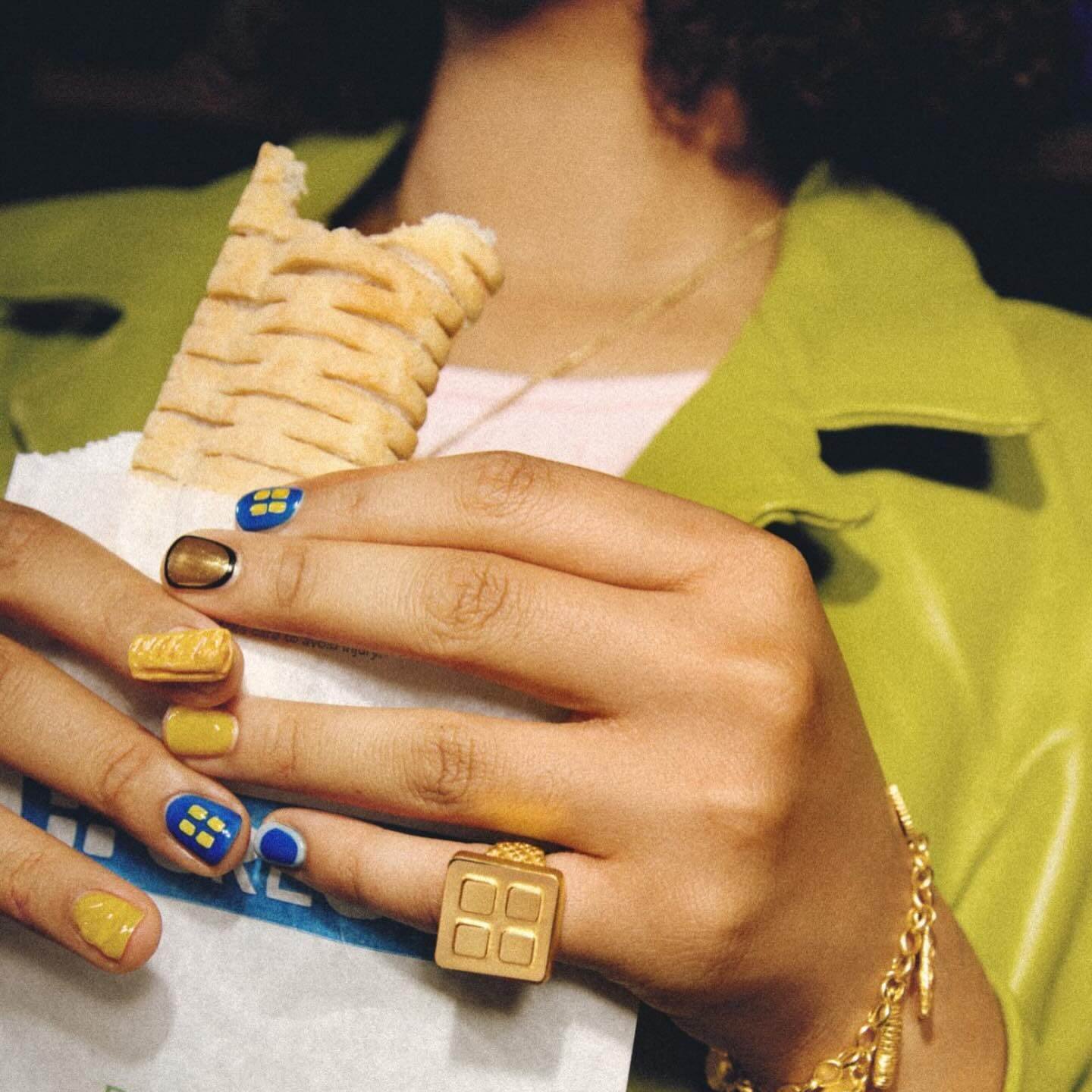Just launched in the UK, DyslexicU, or the University of Dyslexic Thinking, is a pioneering educational initiative aiming to showcase and develop the cognitive strengths associated with dyslexia. Dyslexic thinking is defined as "an approach to problem-solving, assessing information and learning, often used by people with dyslexia, that involves pattern recognition, spatial reasoning, lateral thinking and interpersonal communication."
A joint effort by Made By Dyslexia and The Open University, DyslexicU was unveiled alongside Intelligence 5.0, a report based on research by Randstad Enterprise revealing that dyslexic thinking encompasses the most sought-after skills across all job sectors. DyslexicU offers free courses to help both dyslexic and non-dyslexic individuals understand and cultivate those critical skills. The courses currently on offer are short — just an hour each — and open to anyone free of charge. Available at launch are "Entrepreneurs and StartUp Mentality" and "Changemakers and Activism." Contributors include Erin Brockovich, Barbara Corcoran and Sir Richard Branson.
DyslexicU reflects a shift in the perception of neurodiversity, emphasizing the cognitive advantages of dyslexic thinking rather than focusing on its challenges. This approach not only empowers people with dyslexia but also promotes appreciation for diverse thinking styles. AI will increasingly handle standard cognitive tasks, and is predicted to take over 42-65% of work-based tasks from humans. The skills AI can't (yet) replace are the ones DyslexicU is pushing to the forefront — innovation, lateral thinking and interpersonal skills. It's estimated that up to 20% of the population is dyslexic. Time to help the other 80% boost their ability to think differently?
Select your country
- Argentina
- Australia
- Austria
- Belgium
- Brazil
- Cambodia
- Canada
- Chile
- China
- Colombia
- Costa Rica
- Croatia
- Czechia
- Denmark
- Estonia
- Finland
- France
- Germany
- Ghana
- Greece
- Guatemala
- Hong Kong
- Hungary
- Iceland
- India
- Indonesia
- Ireland
- Israel
- Italy
- Japan
- Kenya
- Latvia
- Lithuania
- Malaysia
- Mexico
- Morocco
- Netherlands
- Nigeria
- Norway
- NZ
- Paraguay
- Phillippines
- Poland
- Portugal
- Puerto Rico
- Romania
- Serbia
- Singapore
- Slovakia
- Slovenia
- South Africa
- South Korea
- Spain
- Sweden
- Switzerland
- Taiwan
- Thailand
- Turkey
- UAE
- UK
- Ukraine
- US
- Uruguay
- Venezuela
- Vietnam
Select your country
- Argentina
- Australia
- Austria
- Belgium
- Brazil
- Cambodia
- Canada
- Chile
- China
- Colombia
- Costa Rica
- Croatia
- Czechia
- Denmark
- Estonia
- Finland
- France
- Germany
- Ghana
- Greece
- Guatemala
- Hong Kong
- Hungary
- Iceland
- India
- Indonesia
- Ireland
- Israel
- Italy
- Japan
- Kenya
- Latvia
- Lithuania
- Malaysia
- Mexico
- Morocco
- Netherlands
- Nigeria
- Norway
- NZ
- Paraguay
- Phillippines
- Poland
- Portugal
- Puerto Rico
- Romania
- Serbia
- Singapore
- Slovakia
- Slovenia
- South Africa
- South Korea
- Spain
- Sweden
- Switzerland
- Taiwan
- Thailand
- Turkey
- UAE
- UK
- Ukraine
- US
- Uruguay
- Venezuela
- Vietnam



















